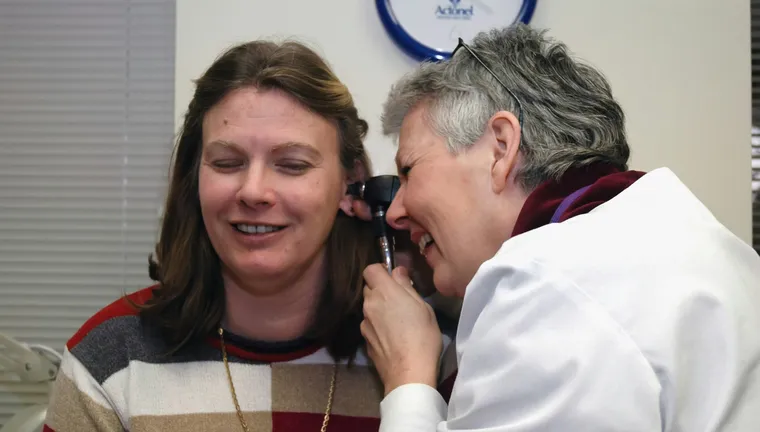Tinnitus—commonly described as a persistent ringing, buzzing, or humming in the ears—affects over 25 million adults in the U.S., according to the National Institute on Deafness and Other Communication Disorders (NIDCD). While there’s currently no cure, various management strategies can reduce its impact on daily life. Among the most effective approaches is sound therapy for tinnitus, which aims to reduce the perception of tinnitus by using external sounds to mask or retrain brain responses.
Read More About Sound Therapy for Tinnitus
Sound therapy involves the use of controlled external sounds to help individuals cope with tinnitus. It does not eliminate the condition but makes the symptoms less noticeable.
1. White Noise Machines
Devices that generate consistent background noise (like rainfall or ocean waves) can mask the ringing, especially at night.
2. Hearing Aids with Sound Generators
For people with hearing loss and tinnitus, modern hearing aids amplify environmental sounds and include built-in noise generators.
3. Notched Music Therapy
Music modified to exclude the tinnitus frequency may help retrain the brain to reduce awareness of the sound.
4. Cognitive Sound Therapy
Combines sound-based interventions with cognitive behavioral therapy (CBT) to address both the perception and emotional response to tinnitus.
5. Personalized Sound Therapy Apps
Mobile applications now allow patients to customize masking sounds and carry their therapy anywhere.
Benefits of Sound Therapy
- Reduces the intensity of tinnitus perception.
- Helps improve sleep quality.
- Supports relaxation and reduces stress.
- May improve concentration and focus in daily activities.
When to Seek Professional Guidance
- If tinnitus is persistent or worsening.
- If it interferes with sleep or concentration.
- If accompanied by hearing loss, dizziness, or ear pain.
An audiologist or ENT specialist can help determine if sound therapy or a combination of treatments is best suited.
Conclusion
If you want to read more about sound therapy for tinnitus, know that while it’s not a cure, it can provide meaningful relief. From white noise and music therapy to advanced hearing aids and apps, sound therapy helps individuals manage symptoms and regain control of their daily lives.
References
- Healthline – Your Guide to Sound Therapy for Tinnitus
https://www.healthline.com/health/sound-therapy-for-tinnitus - MDPI – Study Comparing White Noise and Enriched Acoustic Sound Therapies for Tinnitus Relief
https://www.mdpi.com/2076-3425/15/4/342 - American Hearing – How Hearing Aids Can Help With Tinnitus
https://americanhearing.us/can-hearing-aids-help-with-tinnitus-what-the-research-says/ - Cleveland Clinic – Tinnitus Management Clinic Overview
https://my.clevelandclinic.org/departments/head-neck/depts/tinnitus-management-clinic - Ask an Audiologist – Understanding Sound Therapy for Tinnitus Relief
https://askanaudiologist.com/understanding-sound-therapy-for-tinnitus-relief/

